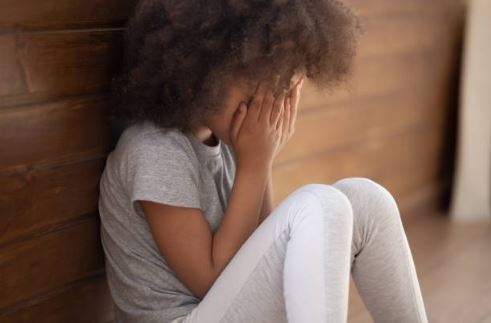Whether it is the loss of a parent, sibling, or a beloved friend or family member, cremation services Mentor, OH, are different for children and they may face overwhelming emotions. every child grieves in his own way and often hides his feelings from elders.
During such times, it’s incumbent upon parents, caretakers, and educators to help them cope with the grief of losing a loved one and bring them back to normal. Just remember, children are vulnerable to grief and sorrow and if their feelings are not shared by a caring elder, they may plunge into depression or remain stuck in past.
We can guide you on how to help children express their emotions and inner feelings about sorrow and grief.
Talk Honestly About Death
You shouldn’t try to protect them by shielding information from them that is necessary to help them understand the hard truths of life. If you avoid talking to them about death, they won’t share their feelings and will wear the cloak of silence. As a result, they’ll take longer to get past the loss of a loved one.
So, encourage them to ask questions, express their feelings, invoke the memory of the lost loved one, and so on. Your supporting behavior will motivate them to open up about their grief and sorrow.
Correct Their Misconceptions
While coping with the loss of a close one, children are often embarrassed, less communicative, confused, guilty, and angry at the same time – and these emotions are part of the grieving process. Unlike adults, they have little knowledge about the realities of life, which makes it difficult for them to handle and share these emotions.
If you notice any unusual behavior like guilt, fear, misconceptions, or extreme worries in children, talk to them ASAP and address their queries. Reassure them that it’s not their fault the loved one has gone – rather it’s the cycle of life and we all have to go through it.
Don’t be Too Euphemistic
Adults often try to be overprotective of the children and while trying to do so, they shield valuable information from them. Avoid using euphemistic language around death all the time. Terms like ‘passed away’, ‘moved to a better place’, etc., and instead use simple, concrete language to apprise them of the realities of the world. Use words like ‘died’, ‘left us forever’, to help them expedite the healing process.
Remember, children can’t process such sensitive information in just one conversation. You have to inject the information slowly but regularly and thoroughly notice their understanding and response. Assure them you’re always available whenever they need you to listen to them.
Use Creative Ways to remember the Lost Loved One
Remembering loved ones and preserving their memories encourages children to express their emotions. find ways to honor their memory like planting a tree, throwing a dinner party, doing charity work, and notice how the child responds to these activities.
Also, you may ask children to draw their sketches, write them letters, or make a memory box. Such fun and creative activities will clear out their doubts and help them be more communicative.

Share Your Own Feelings
You should share your own grief and emotions with the child about the lost loved one. It’s ok to shed a tear or two or be sad in front of them. It will make them believe that grief is a natural process and one should talk about emotions and feelings with friends and family. Cremation services Mentor, OH, can start the process.

